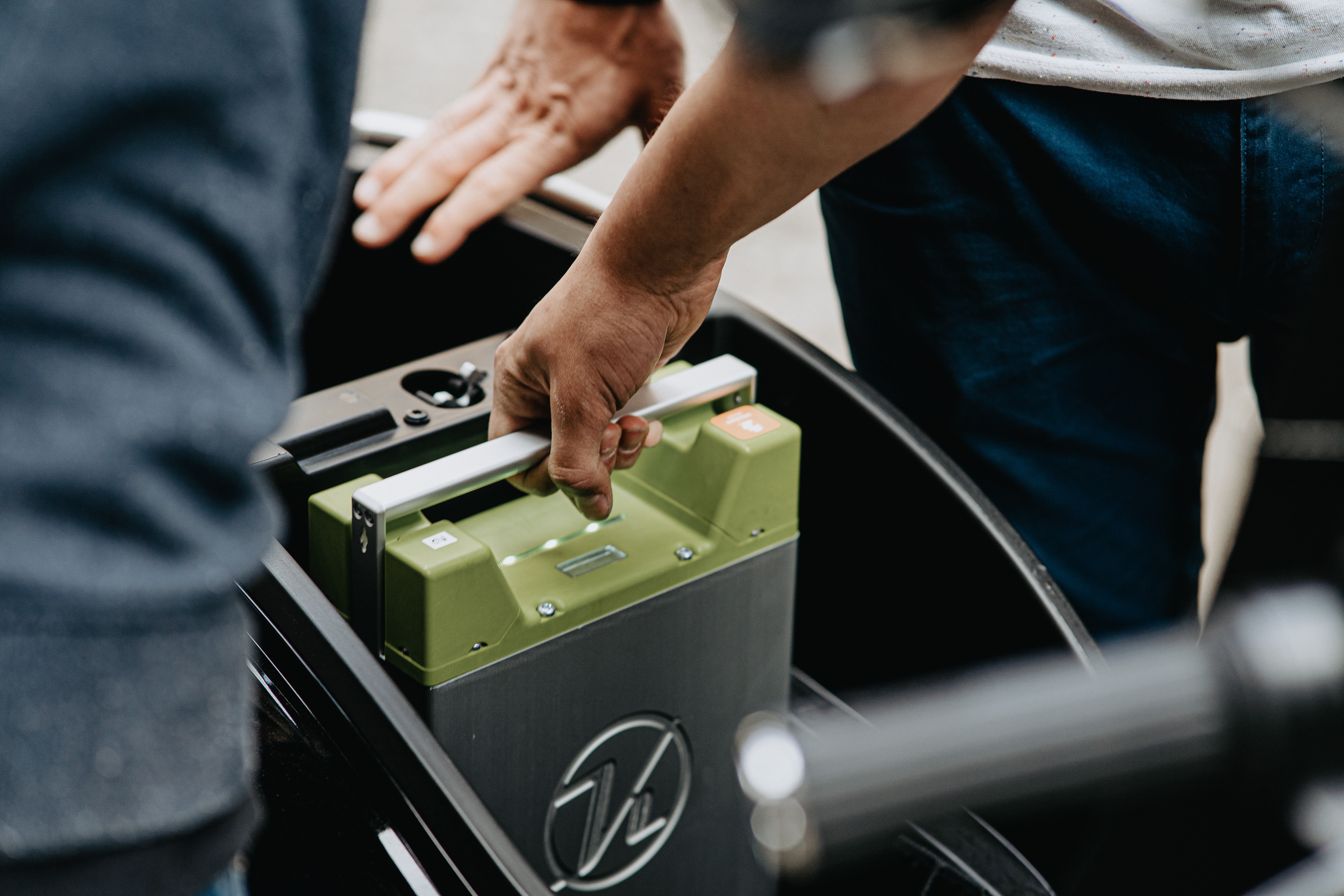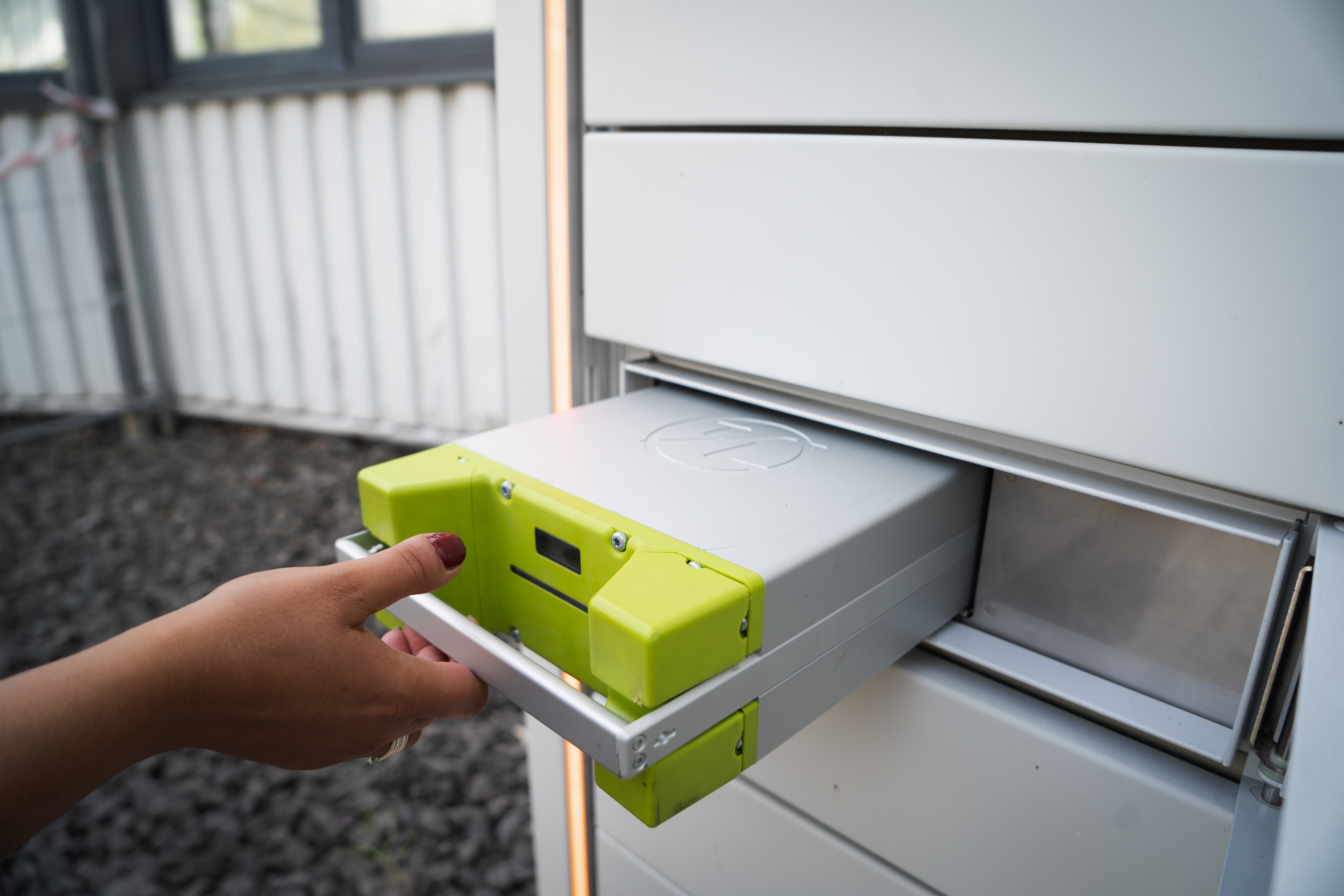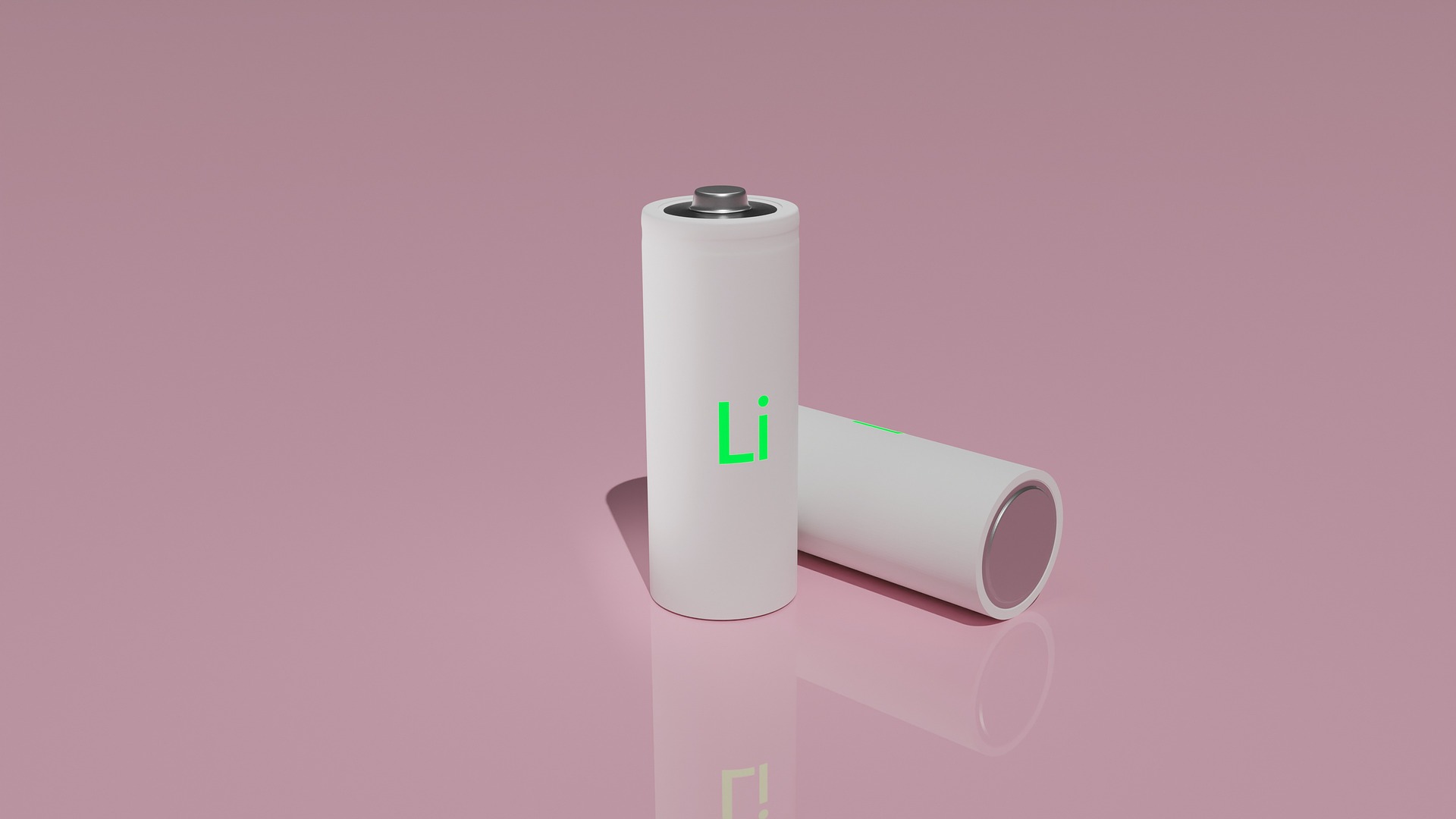
What are Lithium Sulfur Batteries and Why Should I Care About Them?
Lithium sulfur batteries are an emerging—but far from new—battery technology. Lithium sulfur batteries were first developed in the 1960s and have been the continual subject of research and development at many labs around the world in the time since. Although lithium sulfur batteries are not yet commercially available, over the last several years, researchers have made great strides toward creating a commercially viable lithium sulfur battery.
The primary issues that have impeded the progression of lithium sulfur battery development have been the chemical interactions within the batteries. For example, sulfur is prone to dissolution when in contact with electrolyte. Within lithium sulfur batteries, this results in a loss of material during use. There have also been problems charging the batteries; charging a lithium sulfur battery causes chemical despots to build up inside of it. This, in turn, degrades the cell and abbreviates its lifespan.
Scientists have repeatedly run into roadblocks trying to address these deposit buildups and prolong the lifespan of the batteries. However, that doesn’t mean that efforts to design a commercially viable lithium sulfur battery have ceased. There are continual efforts to create functionally rechargeable lithium sulfur batteries because, despite these issues, these batteries show tremendous promise and have the potential to replace many of our current battery models once they finally come to market.
The Benefits of Lithium Sulfur Batteries
Sulfur is available cheaply as a raw material derived as a byproduct of the oil industry’s activities. This makes it an ideal material for companies and institutions looking to develop batteries because it’s so easily and affordably available. Sulfur is also an incredibly lightweight material, making lithium sulfur batteries insubstantial in weight. Many of today’s most common battery models are heavier than would be optimal, so the opportunity to make lightweight batteries (and, by extension, lighter battery-powered products) has major commercial appeal.
Potential Uses for Lithium Sulfur Batteries
If the scientists researching lithium sulfur batteries are able to prevent deposit buildups and extend the lifespan, there are tons of potential applications for lithium sulfur batteries. Two of the most major technologies to be candidates for lithium sulfur battery power are cell phones and electric vehicles. Really, any rechargeable device could someday be powered by lithium sulfur batteries.
However, it’s too early to know whether all of that potential will come to fruition. In their current stage of research, lithium sulfur batteries haven’t yet been safety tested to determine if they would be viable for any of their hopeful commercial applications. Battery safety testing is one of the final stages in the research and development of any new battery technology, so we won’t know if lithium sulfur batteries can be considered safe until scientists overcome the initial set of chemical hurdles.
When the time comes to test the safety of lithium sulfur batteries, we hope they’ll be tested by our team here at Energy Assurance. Energy Assurance is the leading accredited cell and battery testing lab in North America. We are committed to providing comprehensive and affordable battery testing and certification services that mitigate risk for our customers. Our services include performance testing, failure analysis, transportation testing, competitive benchmark testing, and—of course—safety testing.
If you’re interested in working with Energy Assurance, schedule a consult with one of our battery testing experts.







